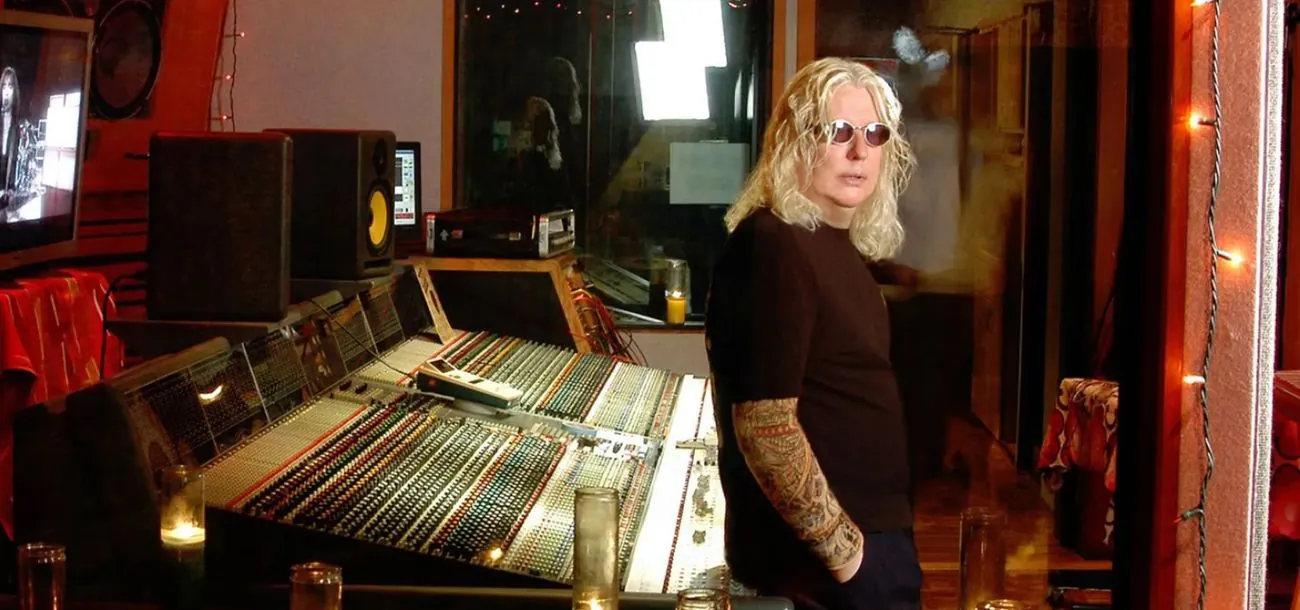Roy Thomas Baker, who made Queen songs hits, dies
Kyiv • UNN
Roy Thomas Baker, the legendary rock producer who worked with Queen on the creation of their hits, has died at the age of 78. He also collaborated with many famous rock artists.

Legendary rock producer and engineer Roy Thomas Baker has died at the age of 78. He contributed to numerous Queen hits, including "Bohemian Rhapsody". This is reported by UNN with reference to The New York Times.
Details
The publication notes that Thomas Baker died on April 12 at his home in Lake Havasu City, Arizona, USA. This was announced by his press secretary Bob Merlis, who said in a statement that the cause of death is unclear.
Who is Roy Thomas Baker
Roy Thomas Baker was born on November 10, 1946 in Hampstead, England.
Baker began his music career as an assistant engineer at Decca Studios in London, where he helped develop albums by David Bowie, The Who, The Rolling Stones and others under the name Roy Baker. He later rose through the ranks to become a chief engineer, working on T. Rex's "Bang a Gong" and Free's "Alright Now."

Throughout his career, he worked as a producer and sound engineer in several recording studios. Roy Thomas Baker produced iconic rock artists such as Queen, Journey, Foreigner, Ozzy Osbourne, Mötley Crüe, The Cars, Devo , Cheap Trick, Alice Cooper, etc.
Collaboration with QEEN
Baker met the band in the early 1970s while working for a company called Trident and went to see a new studio complex in London. In a 1979 interview, the producer said that the band was just starting out and recording free demo recordings to "help the new studio test its sound."
Baker produced Queen's first four albums. The band's self-titled debut was recorded at a time when Baker said he decided to no longer pursue producing. Baker is best known for helping create Queen's nearly six-minute "Bohemian Rhapsody."
The song doesn't get old because it's not limited to any genre of music. I thought it would be a hit, but we didn't know it would be that big. I didn't know it would still be talked about 30 years from now